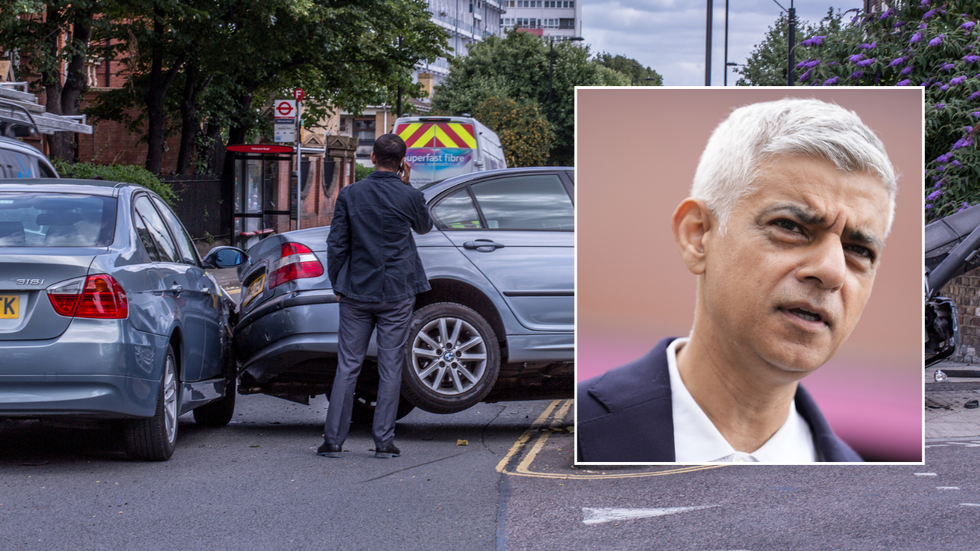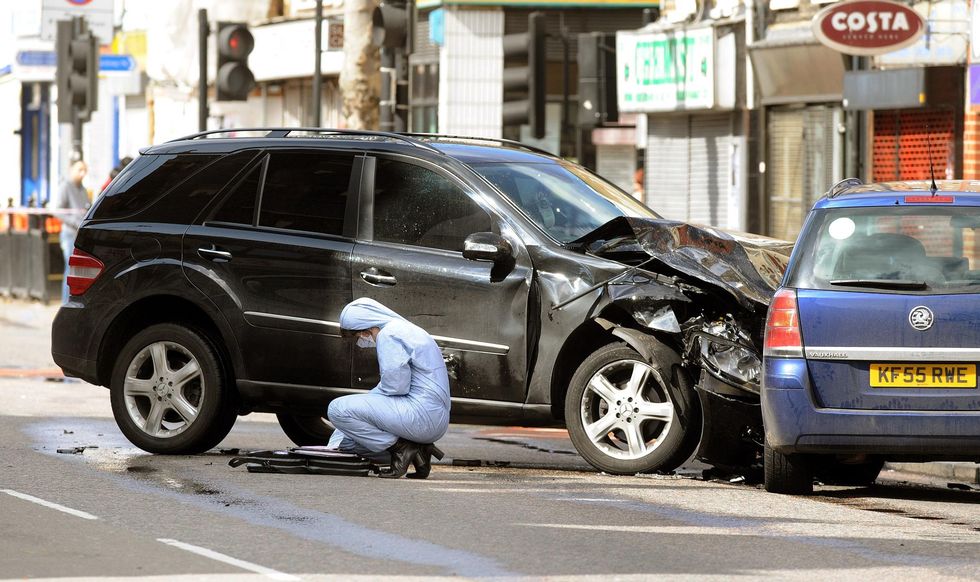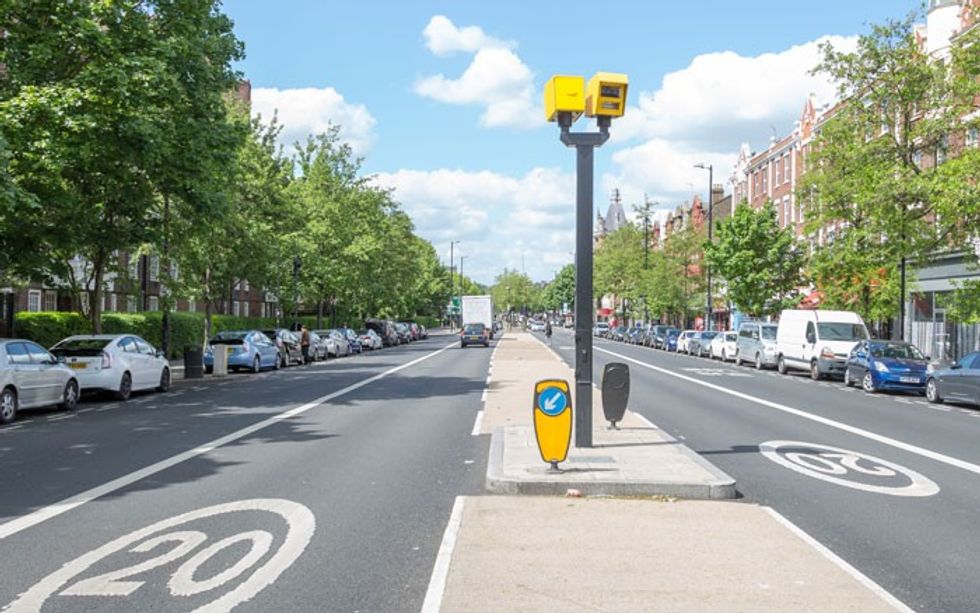Sadiq Khan’s Transport for London has revealed a three-year funding agreement for a specialist support programme aimed at helping those affected by the capital’s most severe traffic incidents.
The initiative, which commences on November 1, will be operated by the national charity Brake and represents a key element of the authority’s Vision Zero strategy.
The programme follows a successful trial period that began in 2023 and was subsequently extended through October 2025.
During this pilot phase, more than 330 individuals were connected with support services through a pioneering direct police referral system.
This long-term commitment arrives as the transport authority intensifies efforts to reduce road casualties across London, with the service forming part of a comprehensive approach to eliminate fatalities and life-changing injuries from the capital’s streets.
The evaluation of the pilot scheme revealed significant benefits, particularly in providing bereaved families and those with life-changing injuries access to prompt, trauma-focused, face-to-face assistance.
Service users commended both the quality of care received and the straightforward referral mechanism.
Brake secured the contract through a tender process and will deploy a team of specialist caseworkers based in London.
These professionals will offer trauma-informed assistance encompassing emotional support, practical guidance, help with the justice system, advocacy services, and connections to specialist resources when required.

The charity will collaborate with Child Bereavement UK to deliver specialised assistance for young people who have lost someone important or are facing such a loss.
Working alongside the Metropolitan Police, Brake will establish a consent-based referral system to ensure that victims receive timely intervention.
TfL has also launched a new awareness campaign urging motorists to “take another look, not a life”, targeting the reduction of serious injuries and fatalities among motorcyclists and cyclists.
The campaign features stories inspired by actual victims and was developed in collaboration with RoadPeace, drawing on input from bereaved families.
The authority said it continues implementing major safety programmes, including the Direct Vision Standard, which addresses lethal blind spots on lorries and requires HGVs over 12 tonnes to meet three-star ratings or install Progressive Safe System measures.
LATEST DEVELOPMENTS:
- Driving law changes you missed in October – Petrol & diesel cars face £5 daily cost, new licence rules and more
- Drivers slapped with 1.6 million fines for common parking error as demands grow for new road rules
- Rachel Reeves risks delivering ‘hammer blow’ to millions of Britons with £7billion Budget fuel duty cut

Speed reduction efforts have also exceeded targets, with 264km of TfL roads now subject to 20mph limits.
The Bus Safety Standard has established global benchmarks, with nearly 25 per cent of London’s fleet meeting requirements.
The new programme operates alongside TfL’s established Sarah Hope Line, which has assisted hundreds of people involved in incidents on the public transport network since 2016.
Where incidents involve both road traffic and TfL vehicles, such as buses, coordination mechanisms ensure appropriate support reaches victims.
The initiative represents a crucial component of the Mayor and TfL’s Vision Zero ambition to eliminate fatalities and serious injuries from London’s transport infrastructure
While the authority continues implementing safety improvements across the network, officials recognise that comprehensive post-incident response remains essential when tragedies occur.

The service ensures victims and their families receive professional care and assistance during their most difficult times, addressing a previously identified gap in London’s support provision for road collision victims.
Claire Waxman OBE, London’s Victims’ Commissioner, emphasised that experiencing the loss of a loved one in a traffic incident creates lifelong grief, making specialist and timely support essential for families navigating trauma and complex aftermath.
Ms Waxman described TfL’s new programme as a vital advancement in preventing victims from facing recovery alone.
Kaya Comer Schwartz, Deputy Mayor for Policing and Crime, said: “The aftermath of a serious road traffic collision is harrowing and the way that support is delivered has a lasting impact on everyone involved.
“It’s important that everyone who is affected is provided with the professional help they need – when they need it most.”
Our Standards:
The GB News Editorial Charter







Follow